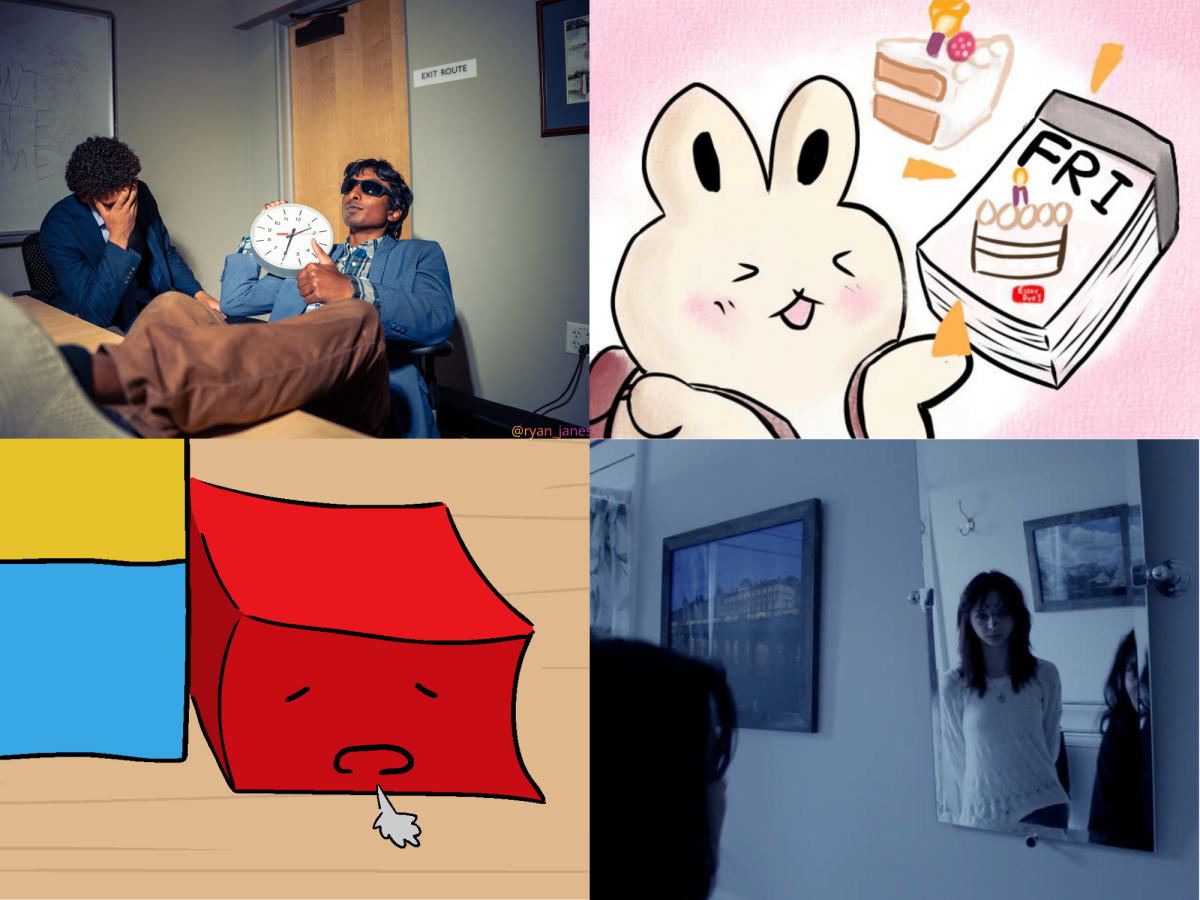Mental illness and its effects on those afflicted by it are still widely misunderstood, so representations in the media are often incorrect and tend to paint mental disorders in a negative light.
Media is prone to portraying those dealing with mental illness as violent, unpredictable people who have no hope of changing and curbing their dangerous habits. Serial killers are most often the type of characters who suffer from mental disorders. Killers who are diagnosed as mentally ill further reinforce stereotypes the public holds as is the case in the portrayal of Hannibal Lecter in “Silence of the Lambs” or, more recently, NBC’s “Hannibal.”
With its almost immediate tendency to label the perpetrators as mentally ill, media’s coverage of shootings creates an image of a ticking time bomb waiting to go off. Attempts at creating discussion about issues like the right to bear arms and the mentally ill fall flat when media uses events like school shootings as arguments, even though they have no real ramifications.
Often the character depicted by television and film as the shooter is a troubled youth. This character is portrayed as depressed and isolated, thereby promoting the stereotypes surrounding killers. Frequently, shows continue on normally after traumatic events and their characters have no long-lasting emotional responses to the shooting. The penultimate episode to season two of “Veronica Mars” has none of their characters displaying post traumatic stress despite them having just witnessed one of their janitors, a former student only a few years older than them, shoot individuals in their school. One of the characters says Wallace – a character who attempted to tackle the shooter and was almost shot at as a result – was shaken up about it, but this was never shown on-screen.
The seriousness of mental illness is especially inadequately handled when the media chooses to romanticize mental disorders. Showtime’s “Dexter” and AMC’s “Breaking Bad” both play-up their respective character’s sociopathy to build “anti-heros” that audiences can’t help but want to continue acting “crazy” for the entertainment value.
Other media like 2001’s “A Beautiful Mind” make mental illnesses out to be a characteristic of tragic but brilliant and artistic geniuses. The film has been criticized for its misinterpretation of paranoid schizophrenia as well as its attempt to smooth over the rougher, darker edges of the protagonist’s personality. Linking mental disorders to creative, “tortured” souls creates unhealthy stereotypes that portray those dealing with a serious disorder as misunderstood poets. Likewise, when mental disorders are made to come across as cool and mysterious as they are in “Fight Club”, where the main character creates a tougher alter ego, and “Sucker Punch,” where the main characters are labelled insane and descend into an escapist fantasy, audiences come to romanticize disorders.
The media is aiding in spreading incorrect assumptions about mental illness. Though mental illness is not the taboo it once was, it is still treated as something inflicting those destined to either commit murder or to become the next Edgar Allan Poe.








substudios.net | Jul 23, 2014 at 10:50 pm
Outstanding post however , I was wanting to know if you could write a litte more on this subject?
I’d be very grateful if you could elaborate a little bit further.
Many thanks!